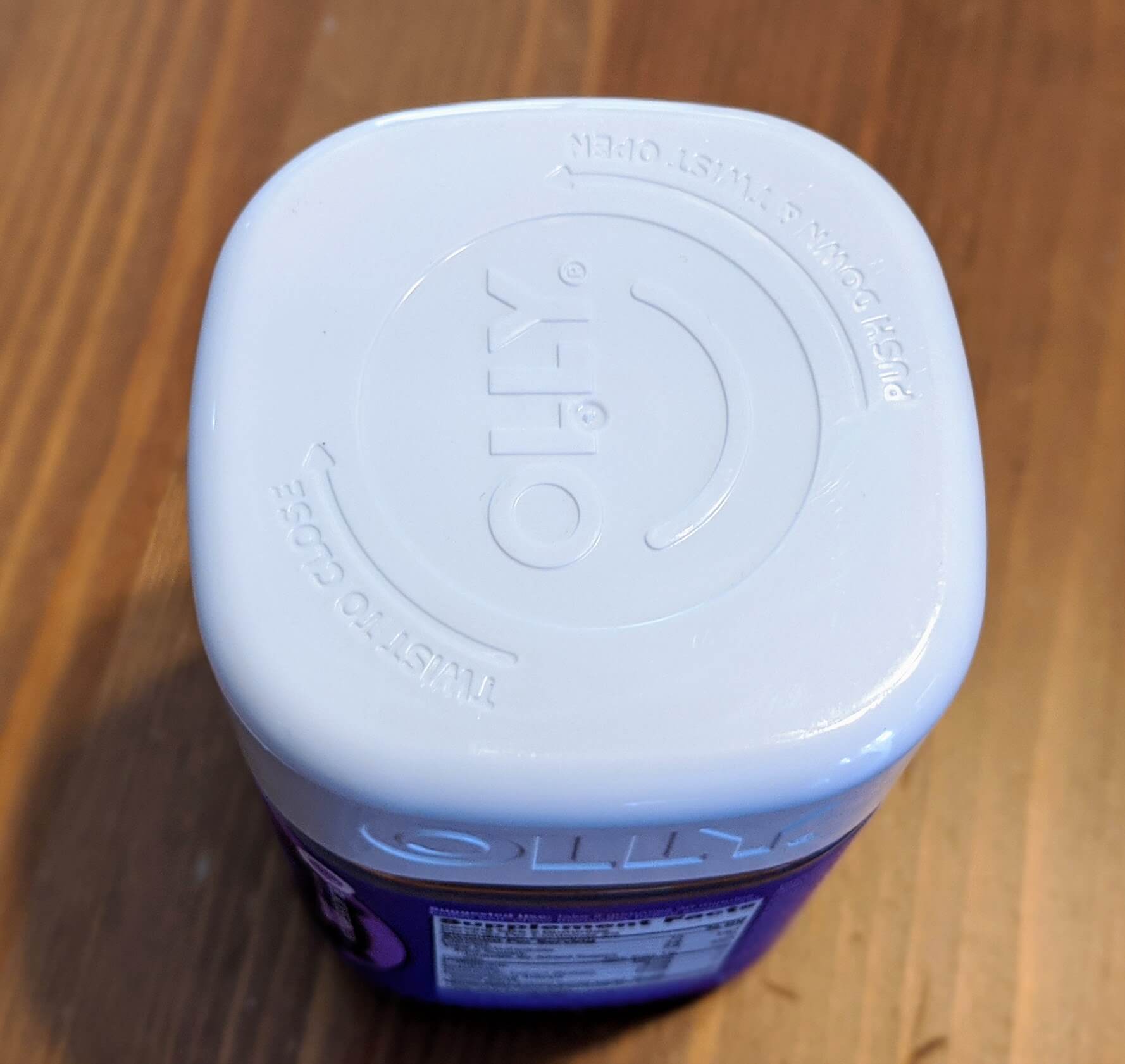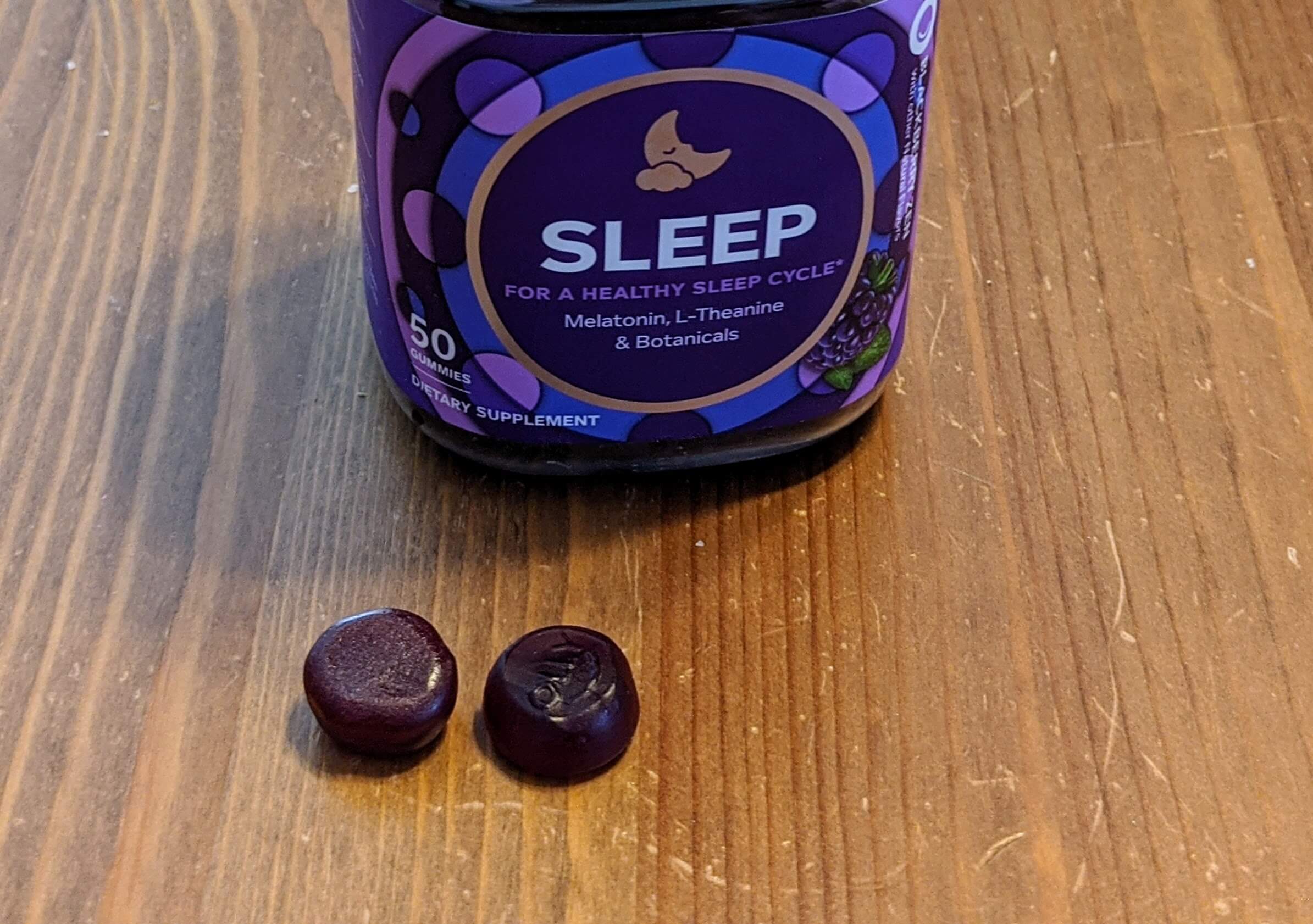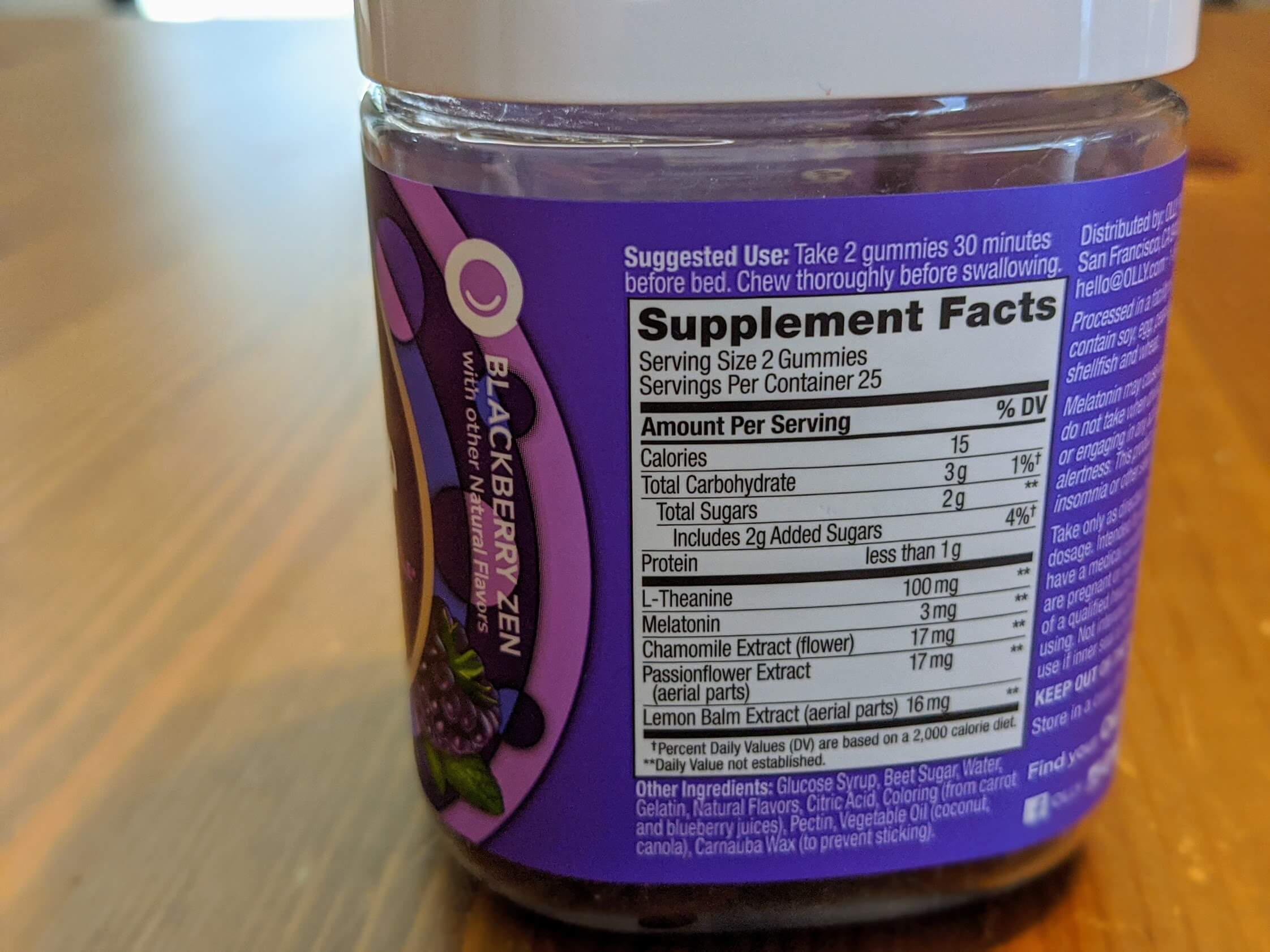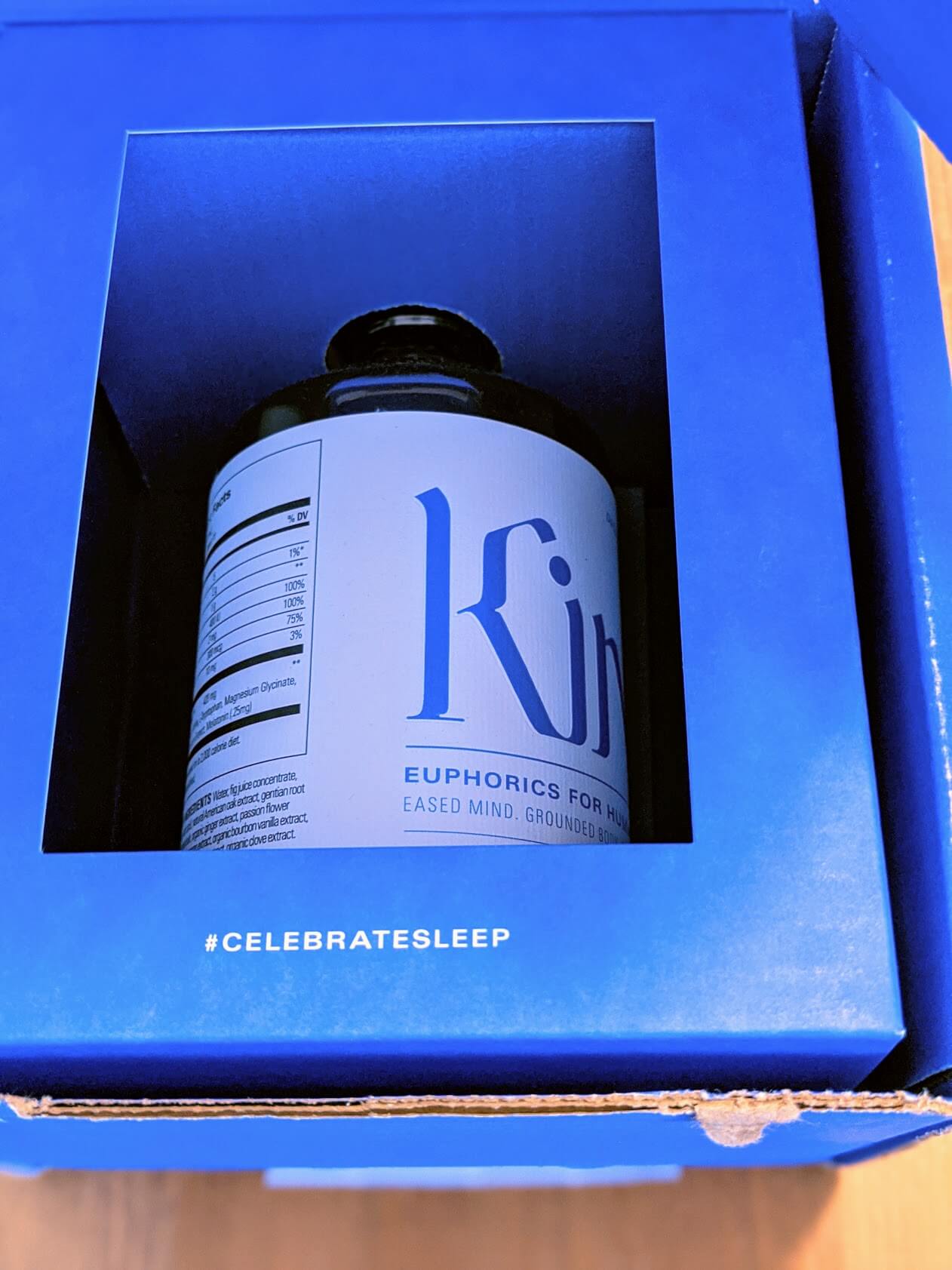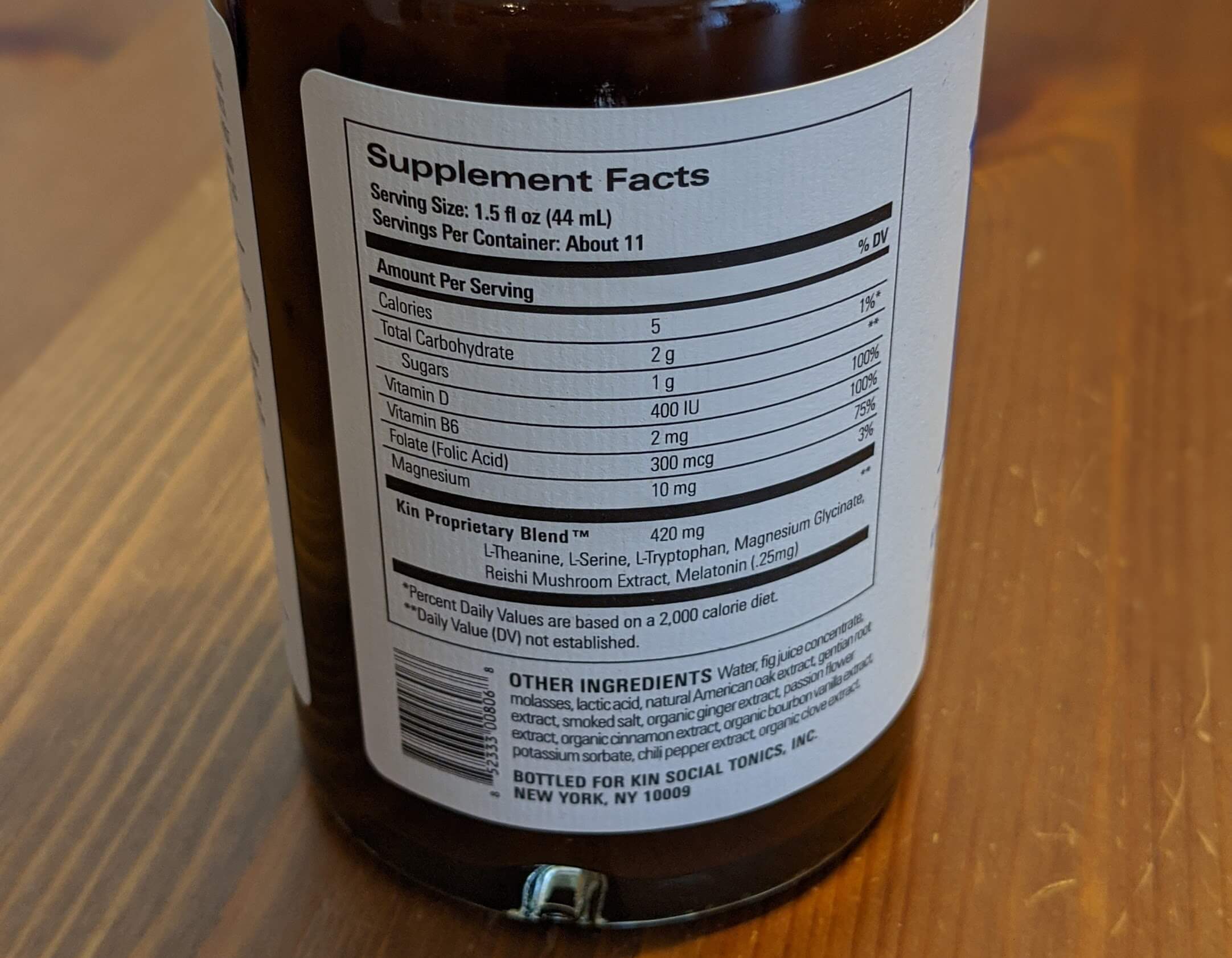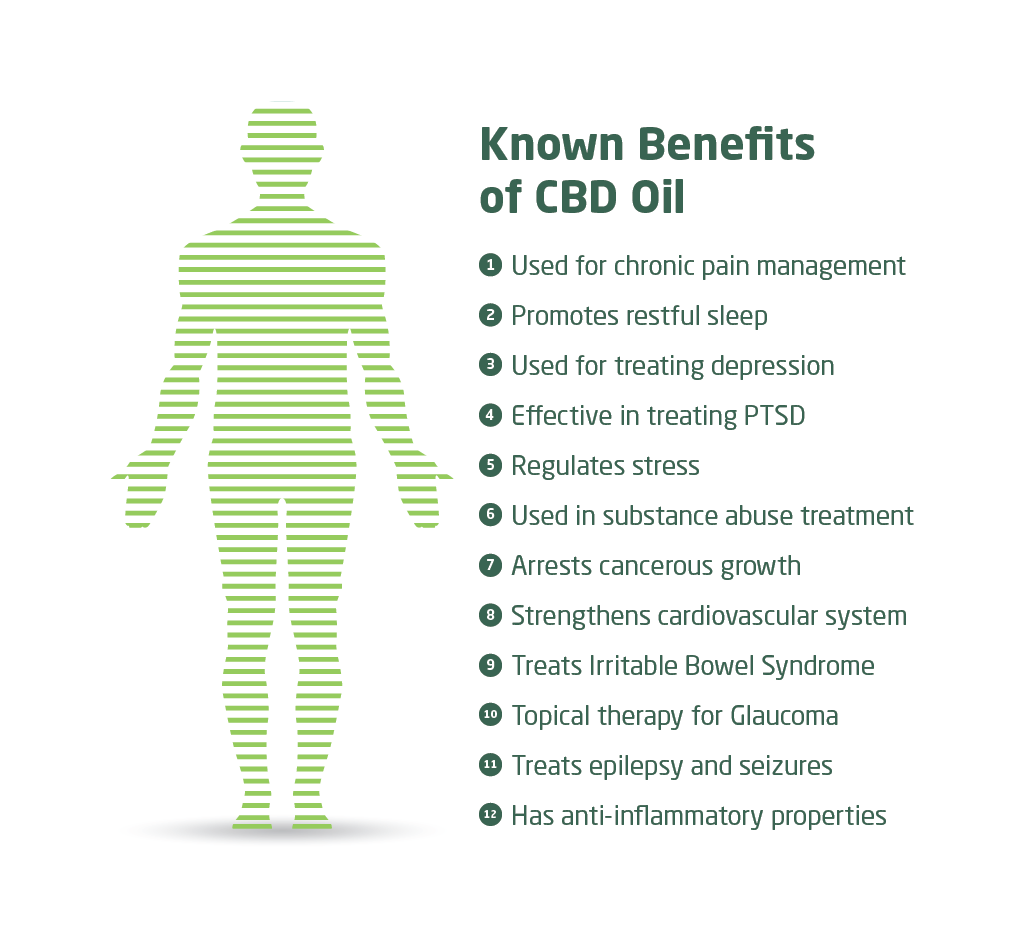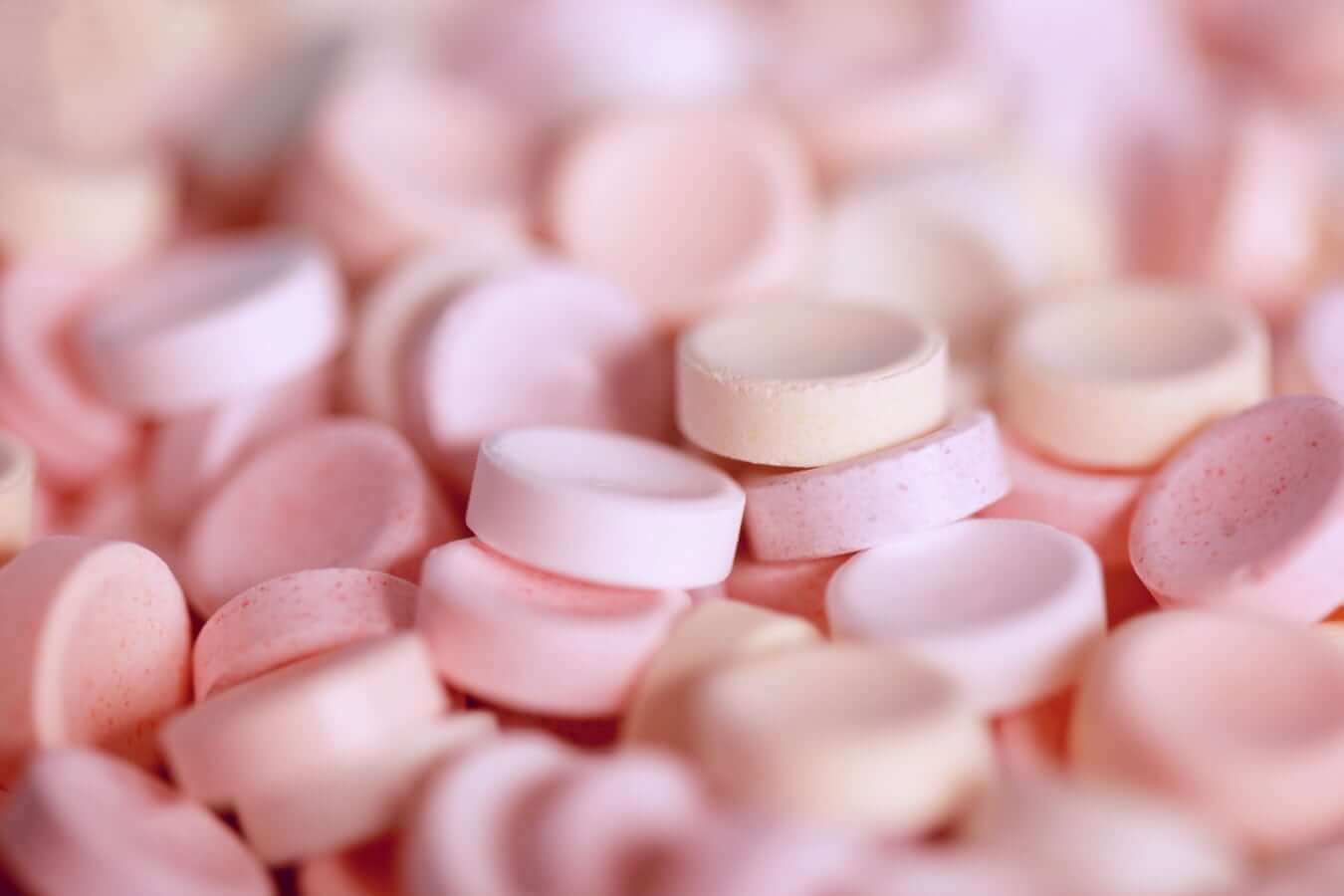Valerian root is a flowering herb that has been used for centuries as a natural remedy for sleep problems and anxiety. It is one of the most popular herbal sleep aids on the market, and for good reason. Valerian root has been shown to be effective in improving sleep quality and reducing symptoms of anxiety.
How Does Valerian Root Work?
The exact mechanism by which valerian root works is not fully understood, but it is believed to work by impacting GABA receptors in the brain. GABA is a neurotransmitter that helps to calm the nervous system and promote relaxation. By increasing GABA activity, valerian root may help to ease anxiety and promote better sleep.
Valerian Root for Sleep
Valerian root has been shown to be effective in improving sleep quality in adults with mild insomnia. Studies have shown that valerian root can help people fall asleep faster, sleep more soundly, and wake up feeling more refreshed.
Valerian Root for Anxiety
Valerian root has also been shown to be effective in reducing symptoms of anxiety. Studies have shown that valerian root can help to reduce anxiety symptoms in people with generalized anxiety disorder (GAD).
Valerian Root: Side Effects and Safety
Valerian root is generally safe and well-tolerated when taken as directed. However, some people may experience mild side effects, such as stomach upset, headache, and dizziness. Valerian root may also interact with certain medications, so it is important to talk to your doctor before taking valerian root if you are taking any other medications.
Valerian root is not recommended for pregnant or breastfeeding women, or for children.
Valerian Root: Dosage
Valerian root is available in a variety of forms, including capsules, tablets, teas, and extracts. The recommended dosage of valerian root varies depending on the form and the specific condition being treated. It is important to follow the dosage instructions on the product label or as directed by your doctor.
Conclusion
Valerian root is a safe and effective natural remedy for sleep problems and anxiety. If you are considering using valerian root, it is important to talk to your doctor first to make sure it is right for you.
Valerian Root FAQ
General
What is valerian root?
- Valerian root is derived from the perennial flowering plant Valeriana officinalis. It has been used as a natural remedy for centuries to promote relaxation, sleep, and reduce anxiety.
How does valerian root work?
- While the exact mechanisms aren’t fully understood, scientists believe valerian root influences GABA, a neurotransmitter in the brain that promotes calmness and improves sleep quality.
Benefits and Uses
Can valerian root help with insomnia?
- Yes, research suggests that valerian root can be helpful for people with mild insomnia. It may assist in falling asleep faster, staying asleep longer, and improving the overall quality of sleep.
Does valerian root reduce anxiety?
- Studies indicate that valerian root may be beneficial in managing symptoms of anxiety, particularly generalized anxiety disorder (GAD).
Are there other potential benefits of valerian root?
- Preliminary research suggests potential benefits in areas like menopause symptoms, premenstrual syndrome (PMS), and restless legs syndrome, but more studies are needed.
Safety and Precautions
Is valerian root safe?
- Valerian root is generally considered safe for most adults when taken for short periods (up to a few weeks).
What are the possible side effects of valerian root?
- Side effects are usually mild and may include headache, stomach upset, dizziness, or vivid dreams.
Can valerian root interact with medications?
- Yes. Always talk to your doctor before taking valerian root if you take other medications, especially sedatives, sleep aids, or anxiety medications.
Who should avoid valerian root?
- Pregnant or breastfeeding women, as well as children, should avoid valerian root due to a lack of safety data.
Usage and Dosage
- How do I take valerian root?
- Valerian root is available as capsules, tablets, teas, and extracts. Follow instructions on the specific product or talk to your healthcare provider.
What is the recommended dosage of valerian root?
- Dosage recommendations vary. A typical dose range is 300mg to 600mg daily, often taken before bedtime. Talk to your doctor for personalized advice.
How long does valerian root take to work?
- You might not see immediate results with valerian root. It may take several weeks for the full effects to be noticeable.
Can I take valerian root every night?
- The long-term safety of nightly use is unclear. It might be best to take breaks or cycle its use to prevent dependence. Discuss long-term use with your doctor.
Important Reminders
- Always consult your doctor before taking valerian root, especially if you have any health conditions or take medications.
- Valerian root should not replace prescribed treatments for insomnia or anxiety disorders.
- Don’t drive or operate machinery after taking valerian root until you know how it affects you.

Valerian root has a surprisingly rich historical record of use, with its calming properties recognized across various cultures for centuries:
Ancient Greece and Rome: Celebrated physicians like Hippocrates and Galen described valerian as a remedy for insomnia and nervousness. It was also employed for other conditions, such as digestive issues and headaches.
Traditional Chinese Medicine: Valerian (named Fu Hai) has been used to promote emotional balance and address restlessness and sleep concerns.
Ayurvedic Medicine (India): Valerian root was valued for its calming effects on the nervous system, as well as its ability to alleviate anxiety and improve sleep.
Medieval Europe: Valerian gained widespread popularity as a treatment for anxiety, sleep problems, and even epilepsy. It was often included in “sleep pillows” filled with calming herbs. Its unique, somewhat unpleasant odor even resulted in nicknames like “cat’s valerian” due to its peculiar attractiveness to cats.
Native American Practices: Certain Native American tribes utilized valerian root for its sedative and pain-relieving properties. It was used for headaches, muscle tension, and menstrual discomfort.
Interesting Historical Notes:
- The name “valerian” is potentially derived from the Latin word “valere,” meaning “to be strong” or “healthy.”
- In some European folklore, valerian was placed in bridal clothes for good luck and a harmonious marriage.
- During World War II, valerian was used in England to cope with the stress and anxiety of air raids.
Common valerian root brands and their approximate prices. Please remember that prices can fluctuate based on retailer, location, product form (capsule, extract, etc.), and any current sales or promotions.
| Brand | Product Form | Approximate Price Range |
|---|---|---|
| Nature’s Bounty | Capsules | $8 – $15 |
| Nature Made | Capsules | $10 – $20 |
| Gaia Herbs | Capsules/Liquid Extract | $15 – $30 |
| Herb Pharm | Liquid Extract | $15 – $25 |
| Solaray | Capsules | $10 – $20 |
| NOW Foods | Capsules | $8 – $15 |
| Oregon’s Wild Harvest | Capsules | $15 – $25 |
Notes:
- Price Ranges: The ranges reflect common variations due to factors like capsule count and retailer differences.
- Specialty Brands: Smaller, organic, or higher-potency brands may have higher price points.
- Online vs. In-Store: You might find better deals online, so it’s worth comparing prices.
- Always Check: Be sure to compare prices and dosage information on product labels before purchasing.
Where to Buy:
- Health food stores
- Supplement retailers
- Online stores (Amazon, Vitamin Shoppe, etc.)
- Pharmacies

Here’s a breakdown of some key areas to find scientific studies on valerian root, along with guidance on how to assess them:
Where to Find Studies:
- PubMed (National Institutes of Health): A vast database of biomedical literature. Search terms like “valerian root,” “valerian sleep,” and “valerian anxiety” will yield numerous research articles. (https://pubmed.ncbi.nlm.nih.gov/)
- Google Scholar: Another excellent resource for academic papers. Offers filtering options to refine your results. (https://scholar.google.com/)
- University/Research Institution Websites: Many universities with natural medicine research departments may have relevant studies on their websites.
- ClinicalTrials.gov: Explore ongoing or completed clinical trials involving valerian root. (https://clinicaltrials.gov/)
Types of Studies
- Meta-analyses and Systematic Reviews: These compile data from multiple studies to provide an overview of the evidence and draw broader conclusions.
- Randomized Controlled Trials (RCTs): The gold standard in medical research, comparing valerian root against a placebo or another treatment.
- Observational Studies: Examine patterns and trends in people who use valerian root but lack the same control as RCTs.
Assessing Study Quality
- Peer-review: Studies published in reputable medical journals have undergone a rigorous review process by experts.
- Sample Size: Larger sample sizes generally improve the reliability of results.
- Methodology: Scrutinize the study design (controls, blinding, etc.).
- Funding: Be mindful of potential conflicts of interest if a study is funded by a valerian product manufacturer.
Interactions to be aware of when considering valerian root
Drug Interactions
Sedatives, Sleep Aids, and Anxiety Medications: Valerian root can intensify the effects of medications like benzodiazepines (Xanax, Valium), barbiturates, and sleep aids (Ambien, Lunesta). Combining them can lead to excessive drowsiness and impaired coordination.
Alcohol: Using valerian root with alcohol further increases the risk of drowsiness, impaired judgment, and slowed reaction time.
Medications Processed by the Liver (CYP450 Substrates): Valerian root may interfere with how the liver breaks down certain medications. This includes some statins (for cholesterol), antifungals, and blood pressure medications. Always consult your doctor if you take other medications.
Others: Preliminary evidence suggests potential interactions with blood thinners and HIV medications.
Interactions with Herbs and Supplements
- Kava: Using kava and valerian together can significantly increase the risk of drowsiness and liver problems.
- St. John’s Wort: May interact with valerian root, potentially impacting how medications are processed.
- Melatonin: Combining with valerian root could lead to increased sleepiness.
Important Considerations
- Always Consult Your Doctor: Before using valerian root, disclose ALL medications and supplements you currently take to your doctor or pharmacist, to reduce the risk of dangerous interactions.
- Potential for Unknown Interactions: Due to the complex ways herbs interact with the body, even medications not listed here might cause interactions.
- Dose Matters: Higher doses of valerian root may increase interaction risks.
Where to Find More Information
- Drug Interaction Checkers: Online tools like Drugs.com or WebMD offer interaction checkers where you can input valerian root and your other medications.
- National Institutes of Health (NIH) Fact Sheet: The NIH provides a detailed fact sheet on Valerian, including a section on interactions (https://ods.od.nih.gov/factsheets/Valerian-HealthProfessional/).
- Talk to Your Pharmacist: Pharmacists are knowledgeable about drug interactions and can offer personalized advice.



